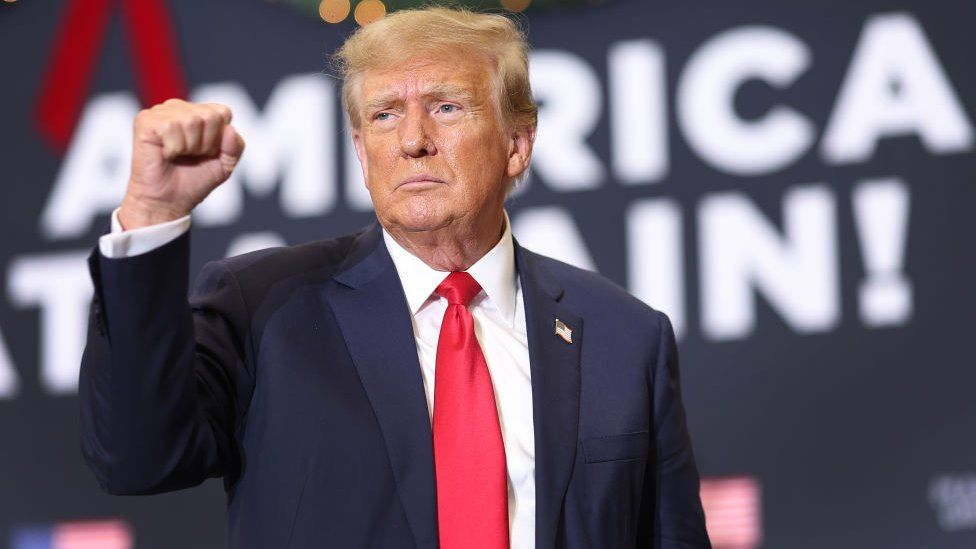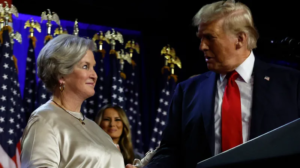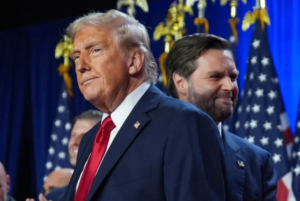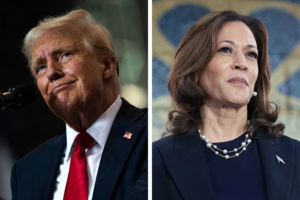
In a significant decision, the Michigan Supreme Court has ruled that Donald Trump will remain on the state’s ballot for the upcoming primary. This ruling, backed by a lower court order, paves the way for the former president to participate, despite facing accusations of leading the insurrection on January 6 at the US Capitol.
This decision by the Michigan Supreme Court sharply contrasts with the recent move by the Colorado Supreme Court, which opted to remove Trump from its state primary ballot due to his alleged role in the Capitol riot.
Both in Michigan and Colorado, challengers are relying on section 3 of the 14th Amendment to the US Constitution. This section broadly restricts individuals from holding government office if they have been involved in insurrection or rebellion against the US Constitution, having previously sworn an oath to uphold it.
The legal community is currently divided on whether this provision, originating during the US Civil War, applies to the office of the president. Furthermore, there are ongoing debates about whether Trump’s actions surrounding January 6 legally qualify as “insurrection or rebellion.”
The unfolding events add an intriguing layer to the political landscape, leaving many questions about the intersection of law and politics.
Colorado’s decision is currently paused. More than a dozen states have similar litigation in the works, according to a database maintained by Lawfare, which covers national security issues.
The Michigan supreme court justices did not give a reasoning for their decision.
“We are not persuaded that the questions presented should be reviewed by this court,” the justices wrote in an unsigned, one-paragraph order.
However, in a dissent in which she largely agreed with the court’s order, Justice Elizabeth Welch said that procedural differences may make the difference in Colorado and Michigan’s election laws. The challengers in the case, she added, may “renew their legal efforts as to the Michigan general election later in 2024 should Trump become the Republican nominee for President of the United States or seek such office as an independent candidate”.
Free Speech for the People, the group that brought the lawsuit, stressed that the Michigan supreme court’s decision was made on procedural grounds.
“We are disappointed by the Michigan supreme court’s decision,” said Ron Fein, legal director of Free Speech For People, an attorney for the plaintiffs, said in a statement. But, Fein added: “The decision isn’t binding on any court outside Michigan and we continue our current and planned legal actions in other states to enforce Section 3 of the Fourteenth Amendment against Donald Trump.”
Michigan is expected to be a battleground state in the 2024 US presidential election. Its primary is set for 27 February 2024.
Trump celebrated the order on the social media platform Truth Social.
“The Michigan Supreme Court has strongly and rightfully denied the Desperate Democrat attempt to take the leading Candidate in the 2024 Presidential Election, me, off the ballot in the Great State of Michigan,” Trump wrote. “We have to save our Country from decline and the Radical Left. Make America Great Again!”






Be First to Comment